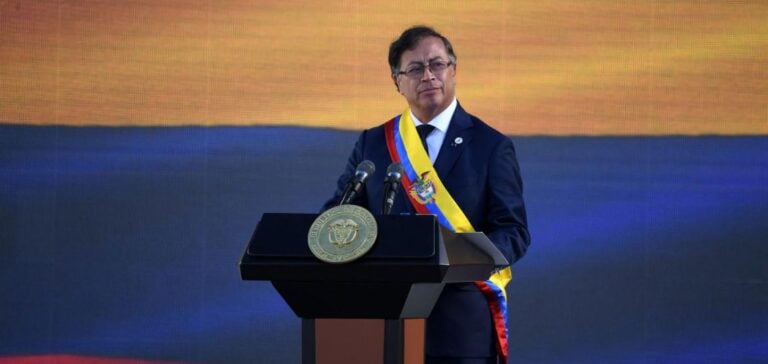The Inter-American Court of Human Rights (IACHR), based in San José (Costa Rica), delivered a historic decision condemning Colombia for severe violations of the rights of the U’wa, an indigenous community in the Sierra Nevada de Cocuy region. This condemnation stems from the state’s approval of seven energy extraction projects on protected territories spanning 370 square kilometers.
A criticized approach to land management
The Resguardo Indigena Unido U’wa reserve, created in 1999, was intended to secure territorial rights for the U’wa. However, the demarcation and allocation process for collective property titles remains incomplete, resulting in a violation of the collective land rights granted to this community. These shortcomings also expose the region to military and armed group incursions, intensifying tensions and endangering local ecosystems.
Unaddressed consultations on energy projects
The approved projects include activities in oil, gas, and mineral extraction. According to the IACHR, these activities were authorized without respecting mandatory consultation procedures with affected communities. This failure significantly impacted the U’wa’s political participation rights, access to information, and cultural preservation. The violations also compromised the right to a healthy environment, which was emphasized as essential in the court’s decision.
Measures imposed by the IACHR
The Court ordered Colombia to clarify collective property titles for the U’wa, mitigate environmental impacts caused by the projects, and ensure effective consultations for any future energy initiatives. These measures aim to establish more inclusive governance and restore the rights of indigenous communities in decisions concerning their territories.
This condemnation highlights growing tensions between energy objectives and obligations to respect local populations’ rights. It also reinforces the need for states to balance economic development and sustainability by prioritizing community interests in energy policies.






















